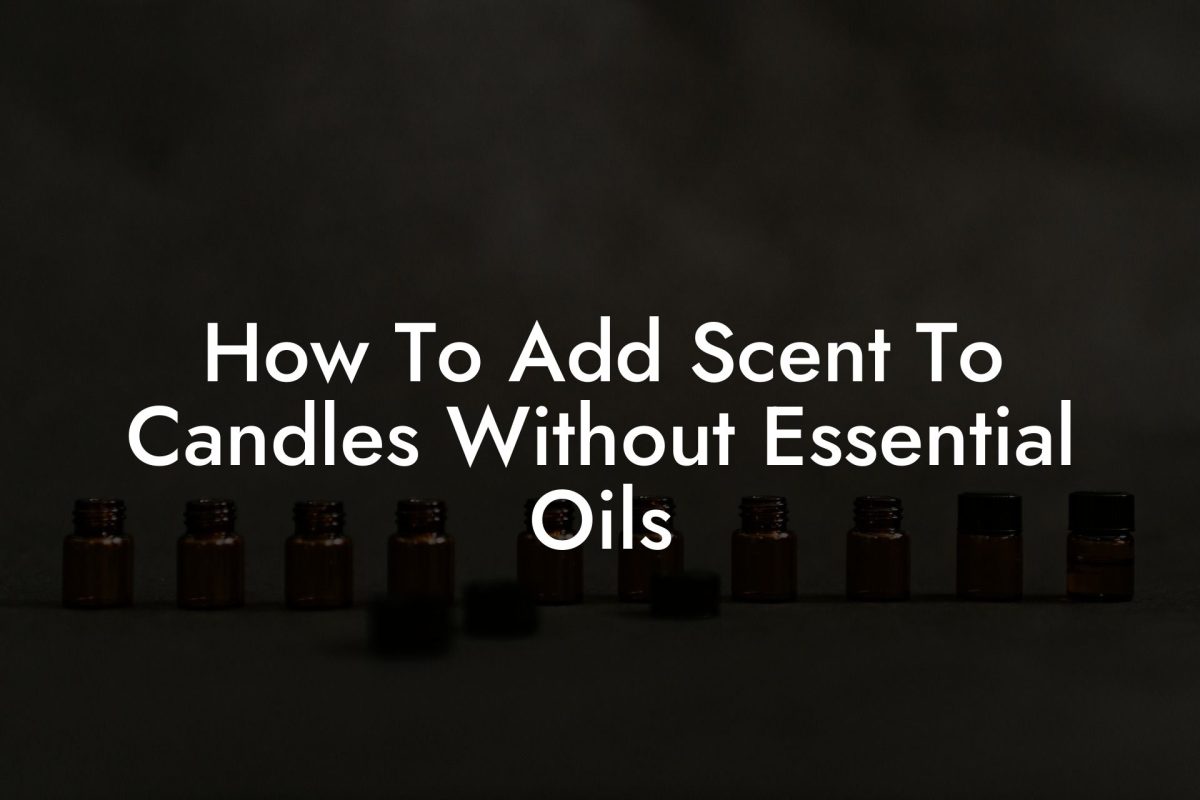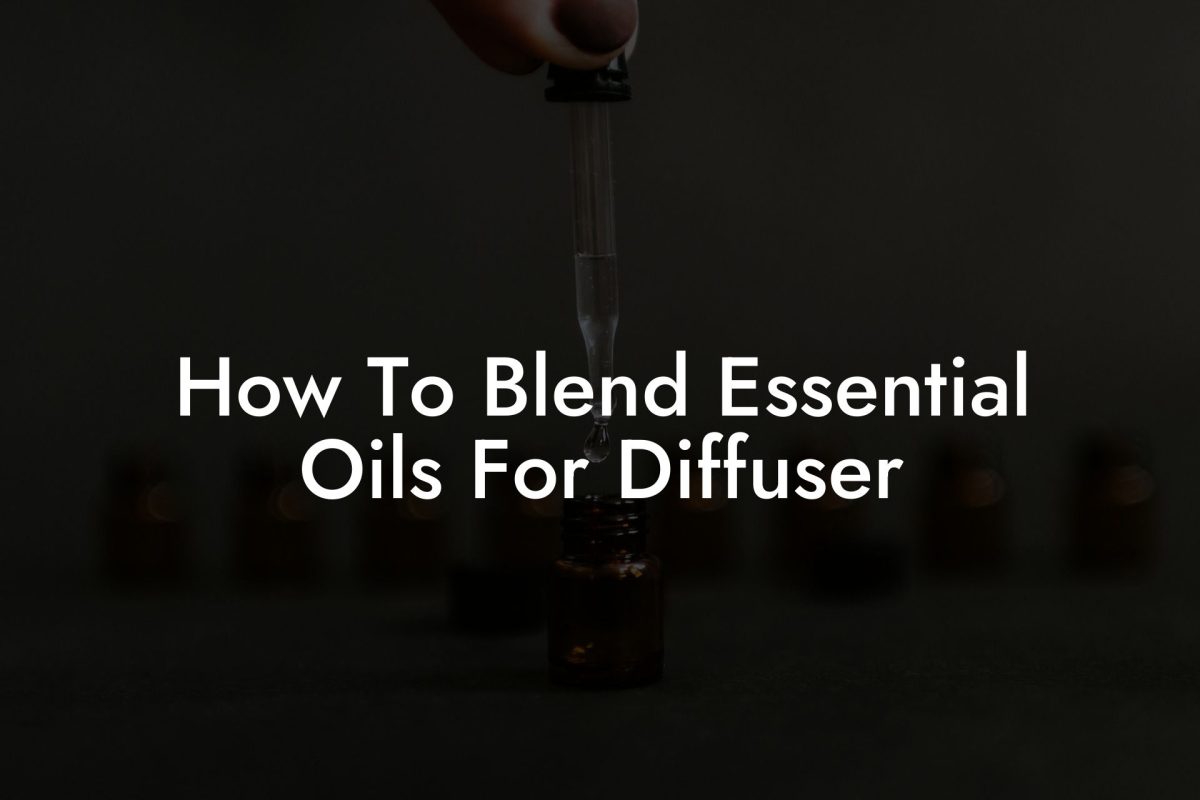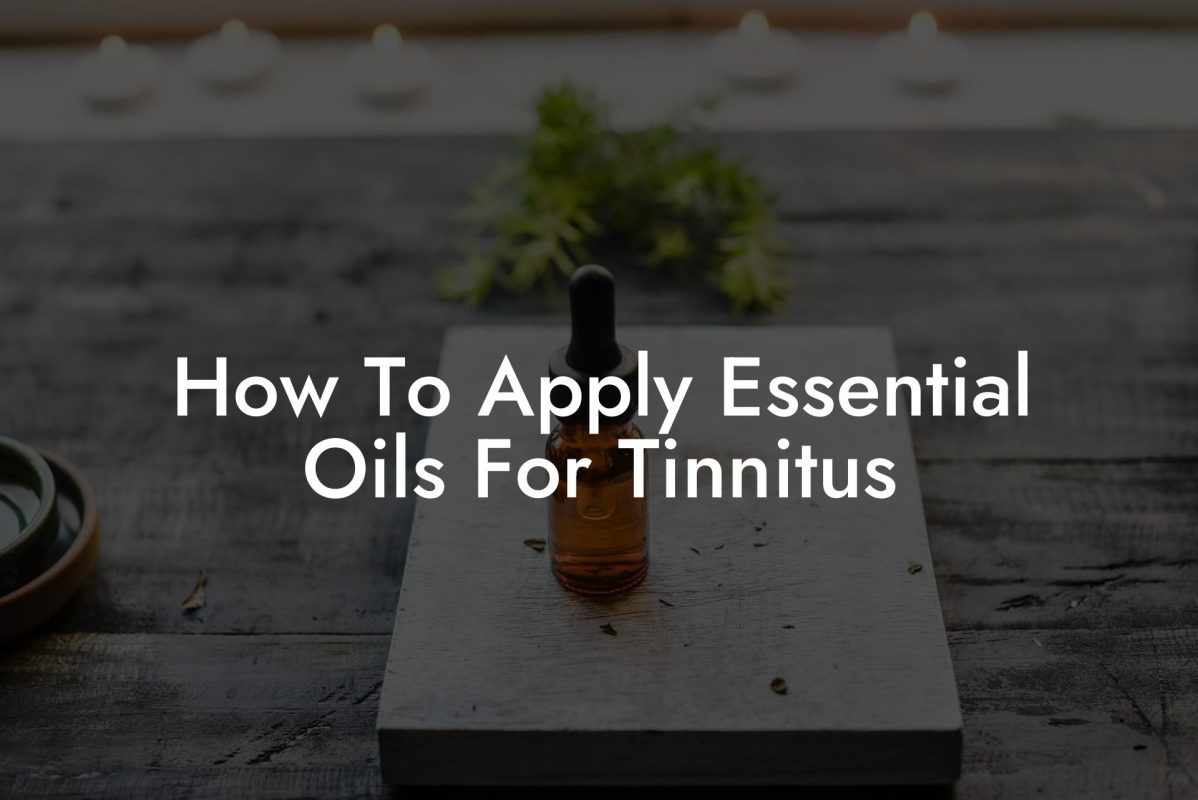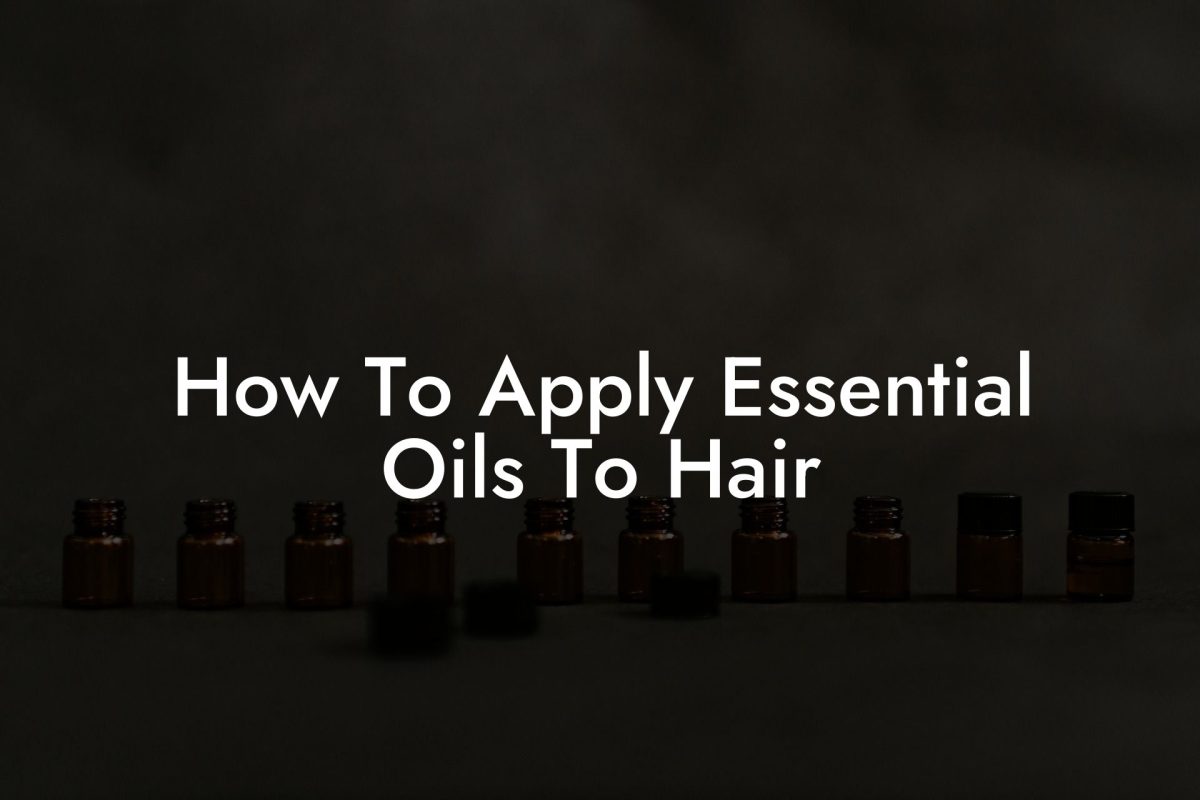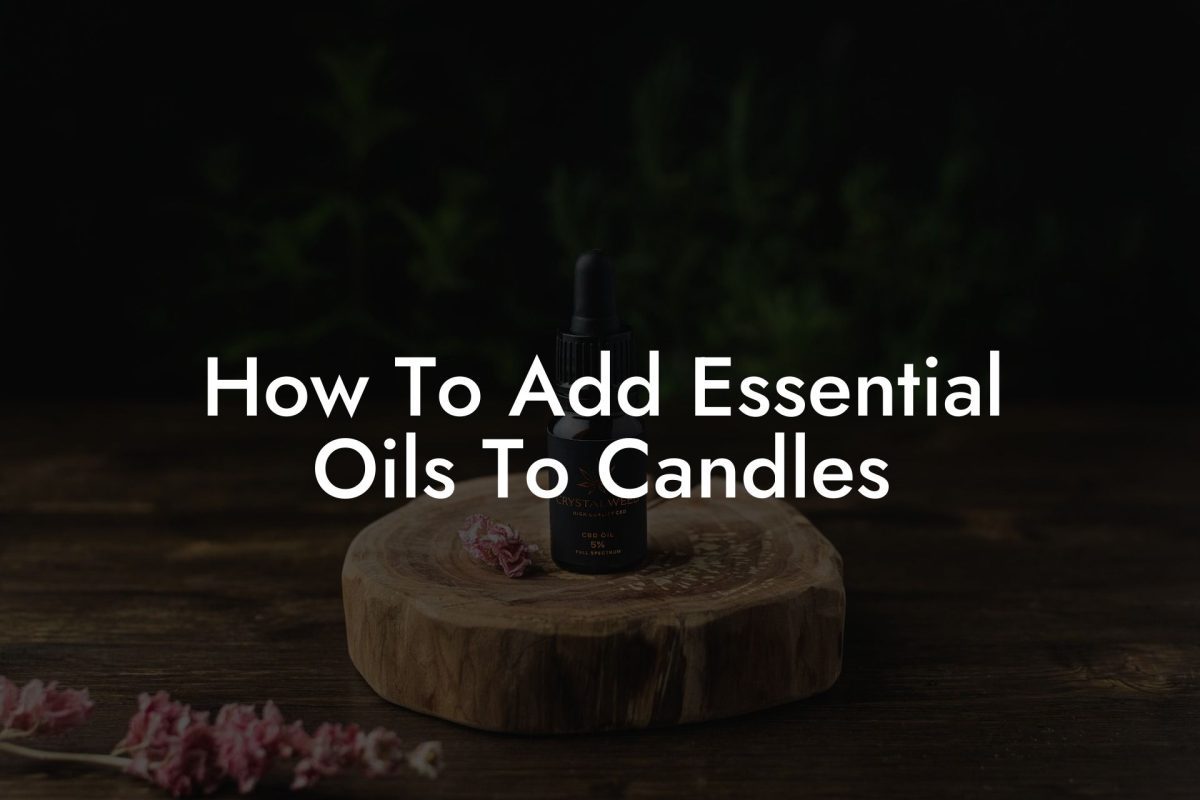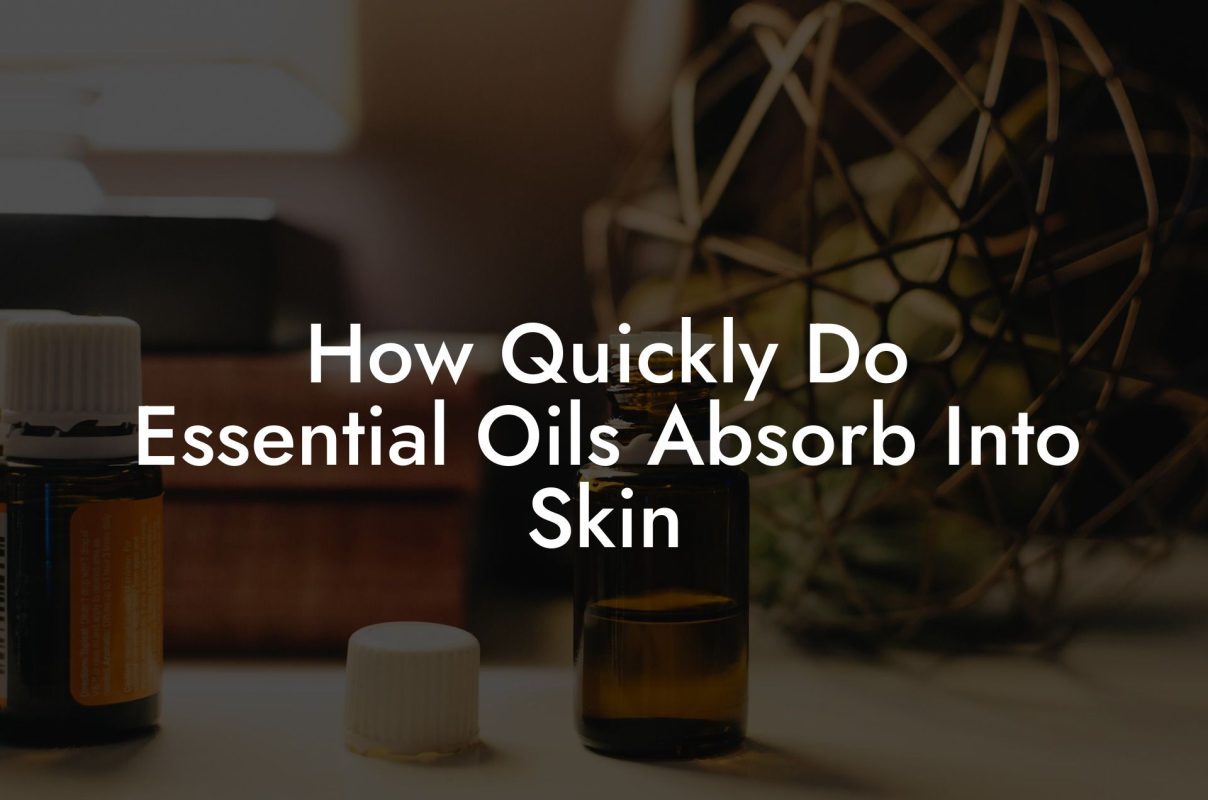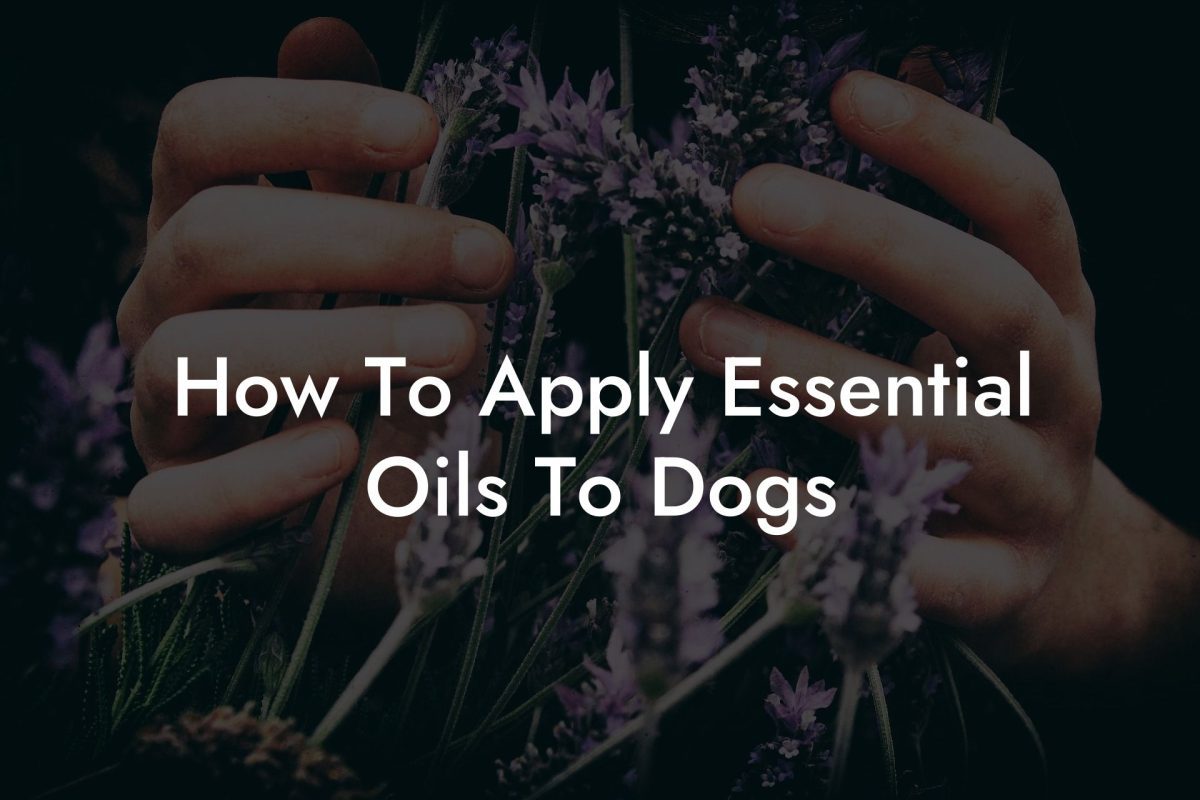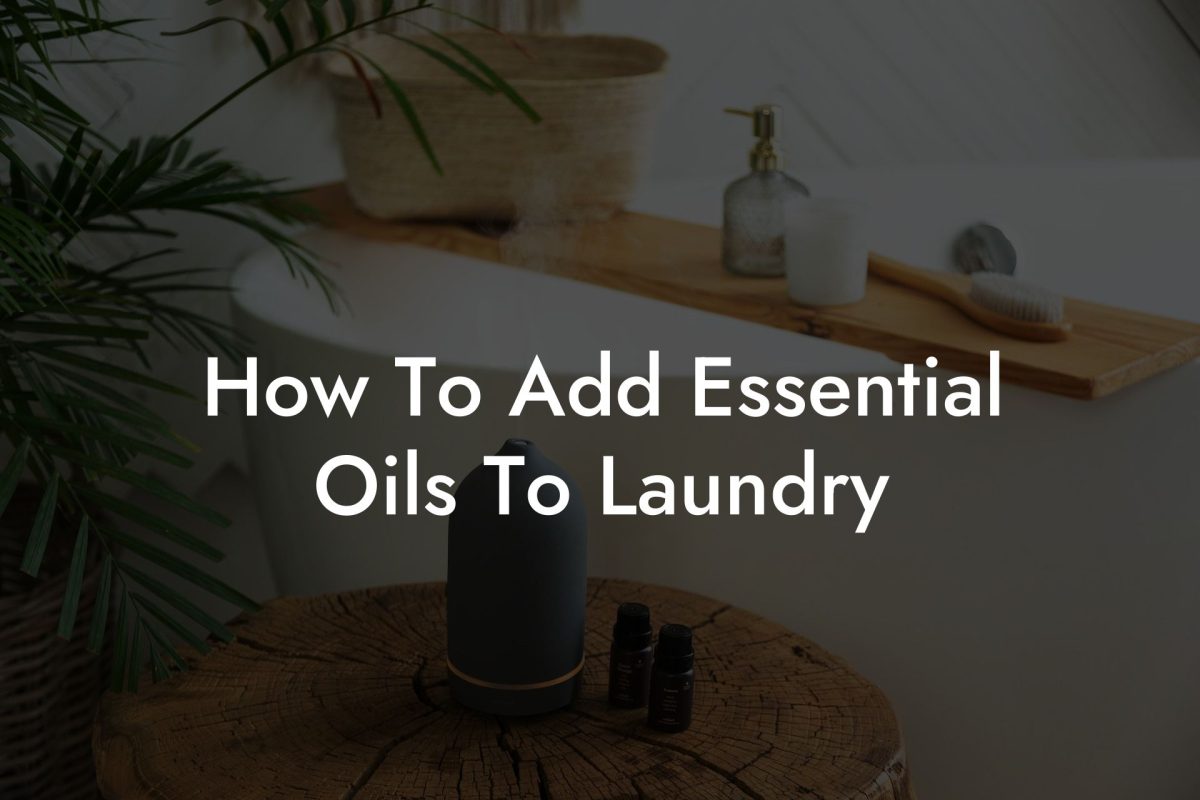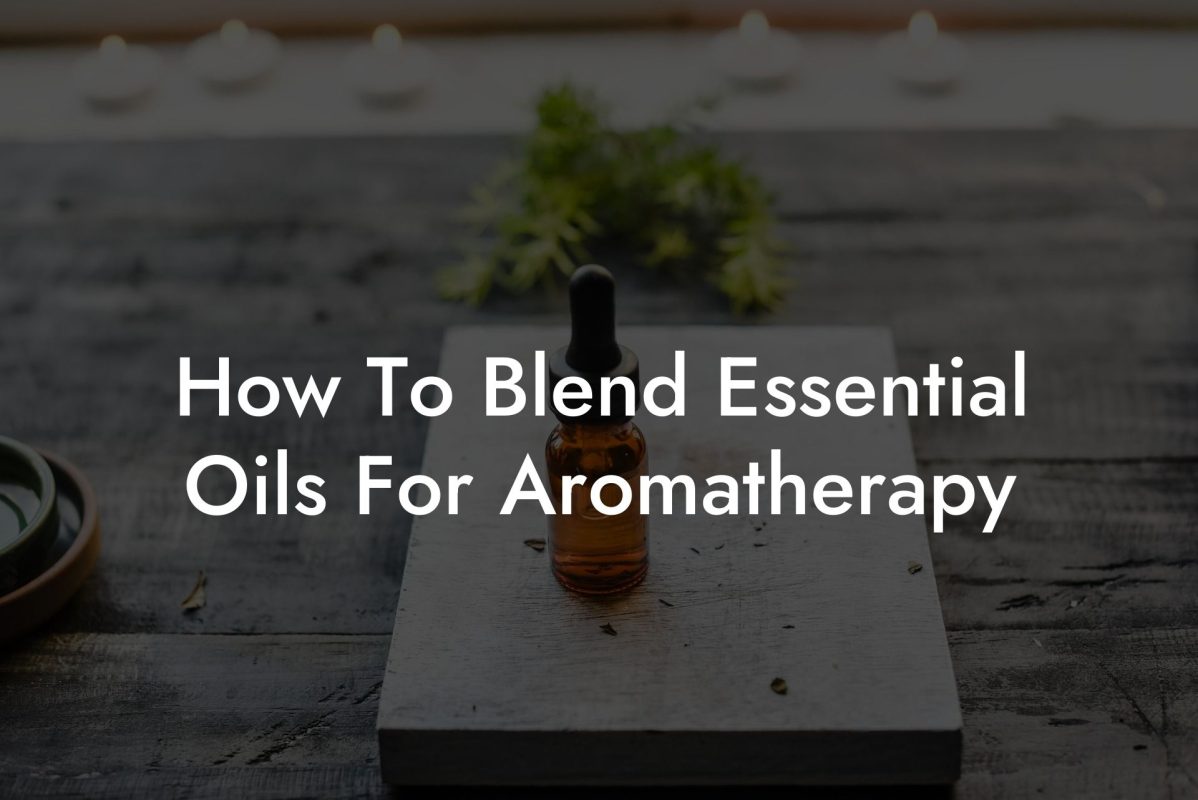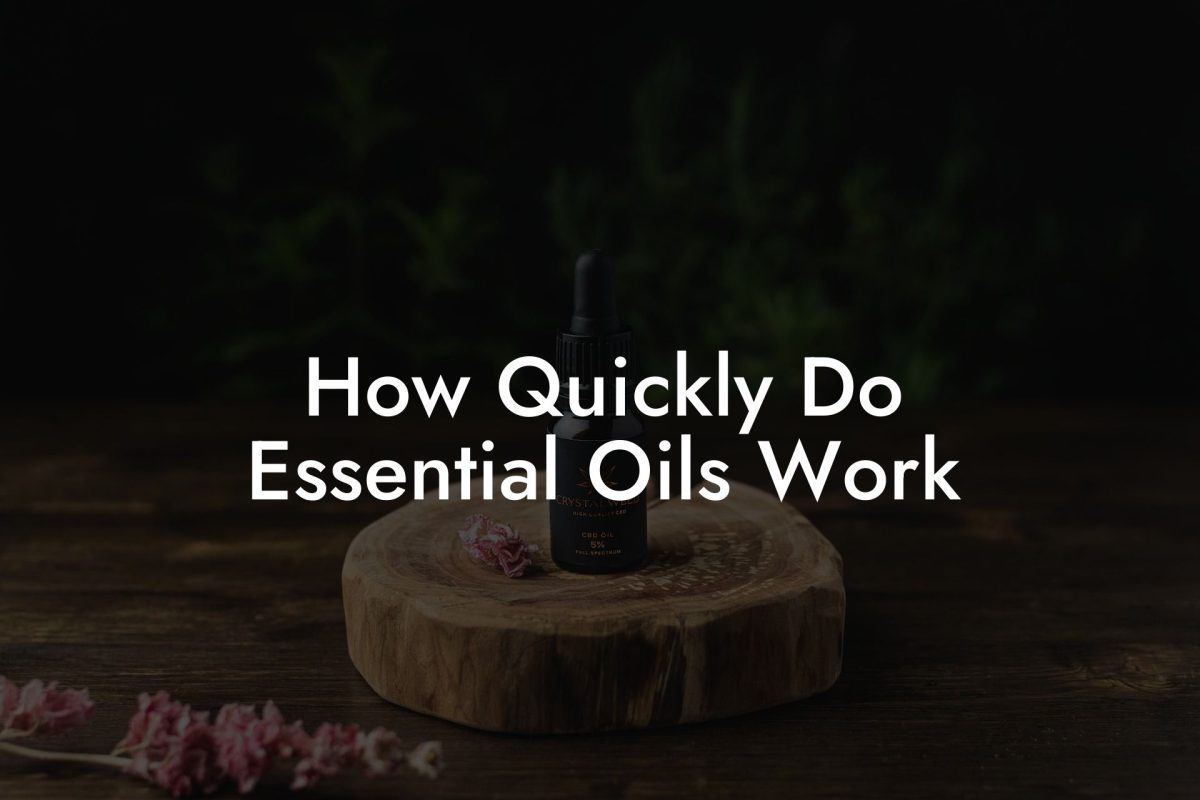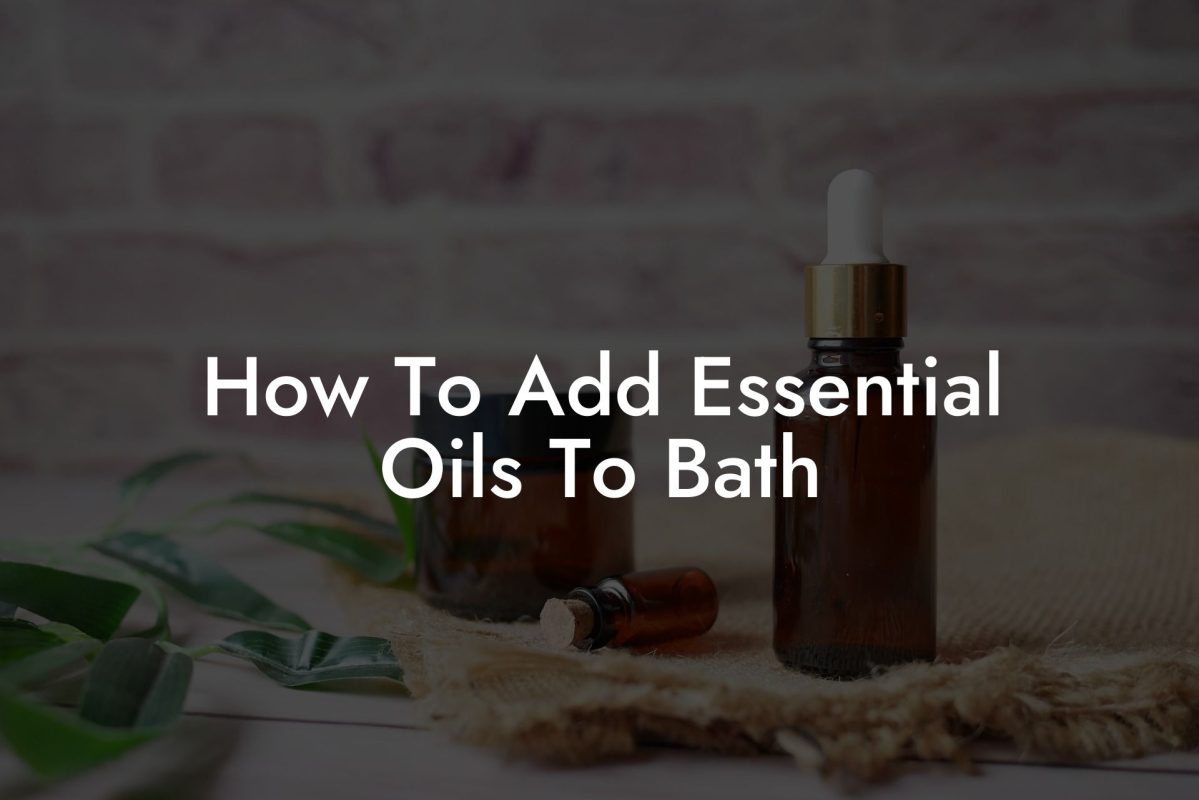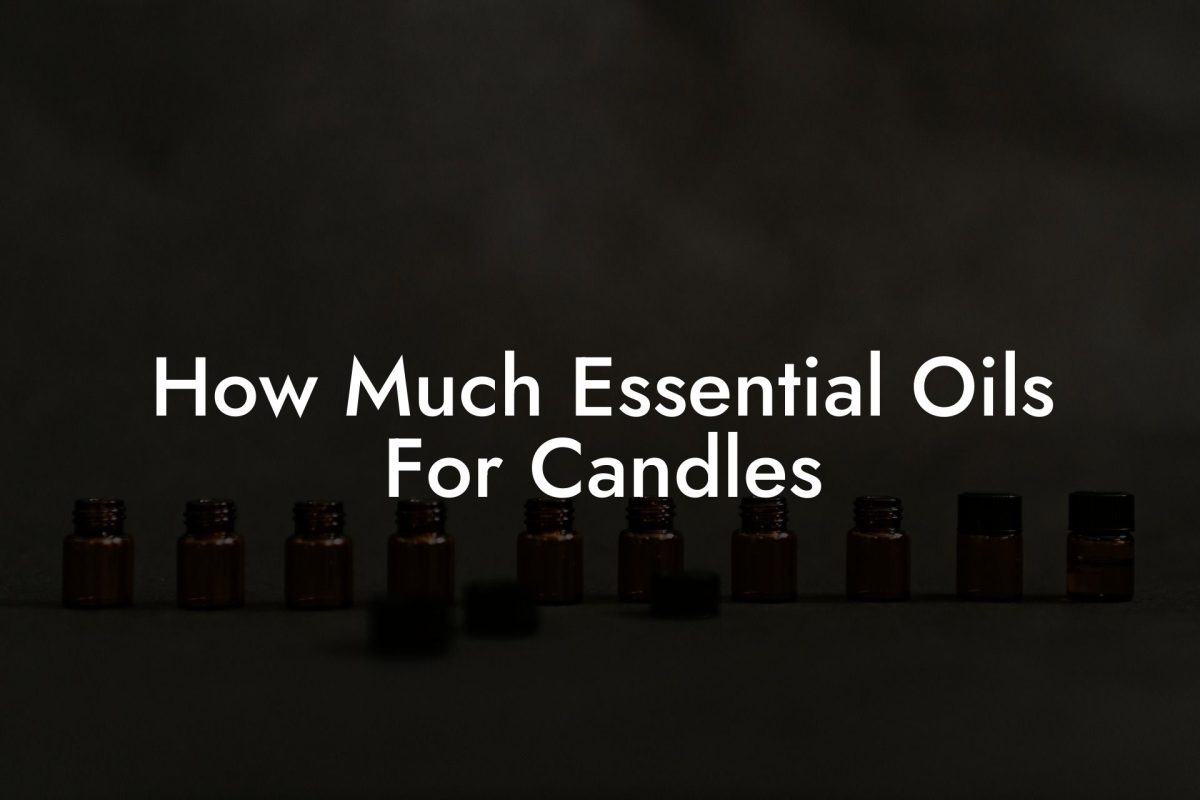Did you know some essential oils are not only safe to consume but also provide remarkable health benefits when ingested? In this article, we’re going to explore the fascinating world of edible essential oils, their benefits, and how to use them safely and effectively in your daily routine.
Table of Contents
A Brief History of Edible Essential Oils
Essential oils have been used for thousands of years in various cultures for their therapeutic and medicinal properties. Some were even used for culinary purposes, especially in ancient Egypt, Greece, and Rome. Fast forward to today, modern science has confirmed the numerous health benefits that these oils offer, and it’s now common to see essential oils used in the food and beverage industry.
Benefits of Consuming Edible Essential Oils
Edible essential oils offer a range of health benefits, including:
* Immune system support
* Improved digestion
* Reduced inflammation
* Enhanced mood and cognitive function
* Natural detoxification
It’s important to note that not all essential oils are safe for ingestion, so it’s crucial to know which ones are edible and how to use them properly.
Top Edible Essential Oils and Their Uses
Here are some popular edible essential oils that are safe to incorporate into your daily routine:
Lemon
– Supports digestion, detoxification, and immune system function
– Mix with water or tea for a refreshing drink or add to salad dressings and marinades
Peppermint
– Soothes digestive discomfort, improves focus, and alleviates headaches
– Add a drop to water or tea, or blend with honey for a natural cough remedy
Lavender
– Reduces anxiety and stress, and promotes relaxation
– Mix with honey and warm water for a calming herbal tea
Ginger
– Aids digestion, reduces inflammation, and eases nausea
– Add a drop to water, tea, or smoothies to enhance flavor and reap its health benefits
Cinnamon
– Supports healthy blood sugar levels, boosts immune function, and enhances digestion
– Add a drop to oatmeal, tea, or baked goods for added flavor and health benefits
Always use 100% pure, therapeutic-grade essential oils for ingestion, like Oshu Oils, to ensure quality and safety.
Important Safety Tips
When using edible essential oils, always follow these safety guidelines:
1. Start with a small amount: One drop is often more than enough for a single serving.
2. Dilute properly: Some essential oils should be diluted in a carrier oil (like coconut or olive oil) before ingesting to avoid irritation.
3. Use high-quality oils: Look for reputable brands like Oshu Oils that use pure and natural ingredients.
4. Know the contraindications: Pregnant or nursing women, or people with medical conditions, should consult with a healthcare professional before ingesting essential oils.
5. Educate yourself: Do thorough research on the edible essential oil you intend to use, its benefits, and the proper usage.
Essential Oils Edible Example:
As a fun and delicious example, let’s make a simple lemon and lavender honey tea using edible essential oils. This tea offers a soothing and calming experience to help ease stress and anxiety.
Ingredients:
* 1 cup of boiling water
* 1 teaspoon of raw honey
* 1 drop of Oshu Oils lemon essential oil (edible)
* 1 drop of Oshu Oils lavender essential oil (edible)
Instructions:
1. In a teacup, mix the honey, lemon, and lavender essential oils.
2. Pour boiling water over the honey and essential oil mixture, and stir well to combine.
3. Let the tea sit for a few minutes to allow the flavors to meld.
4. Enjoy your calming and delicious lemon lavender honey tea!
Edible essential oils are a wonderful way to enhance your food and beverages while also reaping their remarkable health benefits. Give them a try and see which ones resonate with your taste buds and overall well-being. If you’re inspired to continue exploring the world of essential oils and aromacology, check out our other guides on Oshu Oils, and don’t forget to explore our range of expertly blended and high-quality essential oils. Be sure to share this article with friends and family who might be interested in learning about edible essential oils and their uses.


